Where would you rather come from, Pakistan or Liverpool? Assuming you were somehow given a retrospective choice in the matter. It is not too tough a call for me. I could just about suffer being accused of a ‘cheeky’ wit and perhaps a sense of victimhood — both qualities maybe unfairly associated with Scousers — simply for the benefit of being born in England: it’s Liverpool for me, all the livelong day.
This was the question posed, in an extremely offensive truncated form, by a minuscule sub-section of Millwall supporters during the side’s otherwise heroic victory over Everton in the FA Cup last Saturday. By minuscule I mean something well below 1 per cent of the home support. But it was picked up by the cameras and has made front-page news and filled the airwaves of the cretinous why-oh-why merchants on every talk-radio show in the country. How, the gobby interlocutors begged, can we stop these people from existing, these untermensch, these scum?
That it was a vanishingly small minority singing what used to be, until comparatively recently, a very familiar chant does not seem to matter to them. A certain hyperbole takes over. An Everton fan was slashed in the face with a Stanley knife during the same game, but this outrage gained far less coverage. Meanwhile, I have heard some of my fellow Millwall fans, accustomed to being perpetually in the dock, argue that singing ‘I’d rather be a Paki than a Scouse’ is not racist, or if it is, it’s racist towards Scousers. No, obviously not. The point of the chant is to say that there is only one thing lower in this world of ours than a Pakistani, and that’s a Scouser. The butt of the joke is the Pakistani. It is just about the epitome of racism. It couldn’t be more racist if it blacked up and sang ‘Mammy’ while waving its hands around.
There remain a few isolated pockets of people who wish to express themselves in a racially offensive manner at football matches, and I’m not sure that it is society’s job to tell them that in reality there could be nothing better, more enriching, than having a provenance in Lahore or Sefton. They will dwindle, fade and die soon enough and in the meantime there is not much reasoning to be done with them. I mean, you can try if you want to, but I don’t think it will get you very far. Singing nasty songs at football grounds is why some people go to football grounds. It may be that a lot of very nice, decent people go to the Emirates every other week to enjoy the gallant, free–flowing football that Arsenal regularly exhibit. But equally, there are plenty who go along to sing ‘Harry Kane — he talks like a mong’, a reference to the Spurs and England striker’s rather appealing speech impediment (which the fans, in the last verse, then cruelly mimic).
The game has to a large degree been gentrified now, but reservoirs of enormously vituperous and socially unacceptable spite remain, and I suppose it discombobulates the middle classes when these are brought to light. We thought that had all gone! No, not quite, not yet. But it will.
As far as racism is concerned, the change on the football terraces — or, more properly, in the seats nowadays — has been remarkable, these past 20 or so years, and it has come about not because of agonised editorials in the Guardian or the Kick It Out campaign’s increasingly shrill interjections, but because an increasing number of fans and, more importantly, players come from black or minority ethnic backgrounds. It is not so many years since Everton supporters used to sing ‘We’re the whites of Merseyside!’ — not on account of their football strip, which is blue, but because they seemed to have a policy of never buying black players, unlike their much more successful rivals Liverpool (and therein lay the lesson, perhaps).
Back then, football was a working-class sport — much, much more so than it is today — and such effusions could be explained away by the inherent racism within white working-class culture and the brutal coarseness of the demotic. That was a mistake, too: there were black players on the field at Millwall and cheering from the stands long before there were black QCs or members of the Guardian’s editorial board.
The major battles have been fought and won, almost without a shot being fired. Some of the allegations of racism within the British game today are highly dubious, a kind of clutching at straws. Recently the hugely talented England and Manchester City forward Raheem Sterling accused the media of effectively fostering racism against black players by picking on their lifestyle choices. Again, this was taken up on every talk show in the country but I think Raheem was being a little self-serving and self–pitying. He had been criticised for having a giant tattoo of an AK-47 on his leg, and before that for taking various (legal) recreational drugs and boasting, seemingly endlessly, about his bling lifestyle. He has cleaned up his act quite considerably, but it is still the case that those earlier transgressions were seized upon by the media not because he was black, but because he was behaving like an idiot and giving his managers cause for concern. I remember no media assaults on other black England internationals.
And Millwall? The handful of people who expressed the view that they’d rather be a Paki than a Scouse will be identified and banned soon enough. And they no longer have the majority of supporters with them, as they once did. I knew a huge change had come over my club a dozen years ago when our black centre-half was flattened on the pitch by an opposing forward. An angry–looking bloke a few rows down from me shouted out: ‘Leave him alone, you white bastard.’
Got something to add? Join the discussion and comment below.
Get 10 issues for just $10
Subscribe to The Spectator Australia today for the next 10 magazine issues, plus full online access, for just $10.
You might disagree with half of it, but you’ll enjoy reading all of it. Try your first month for free, then just $2 a week for the remainder of your first year.


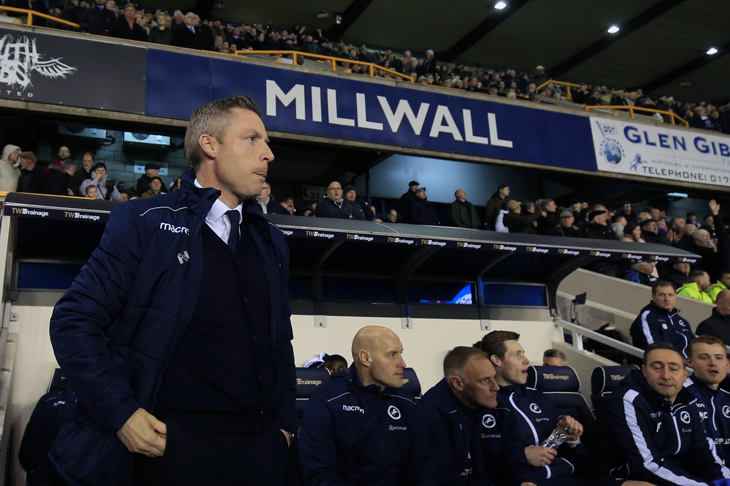
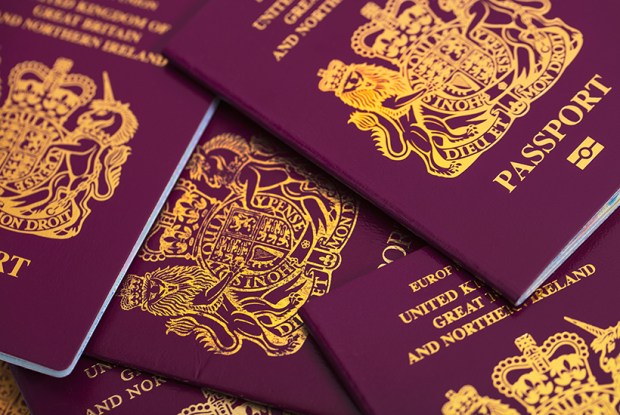
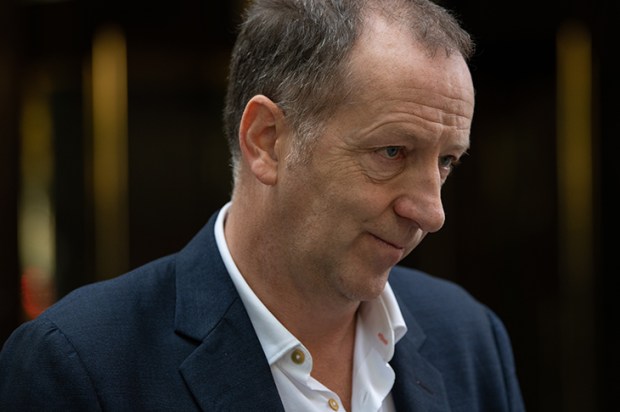
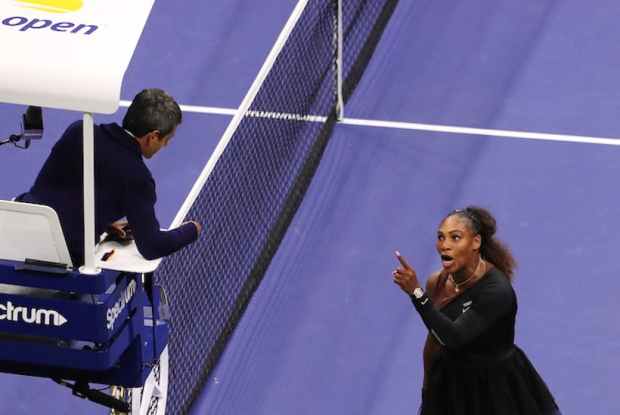
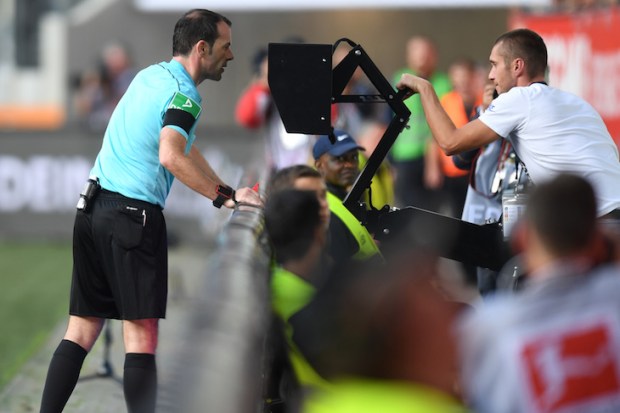
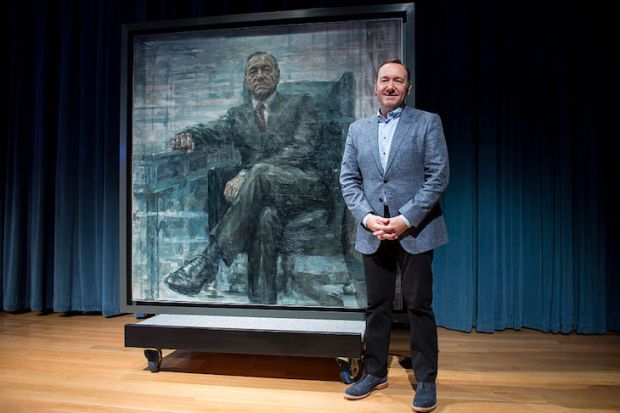







Comments
Don't miss out
Join the conversation with other Spectator Australia readers. Subscribe to leave a comment.
SUBSCRIBEAlready a subscriber? Log in